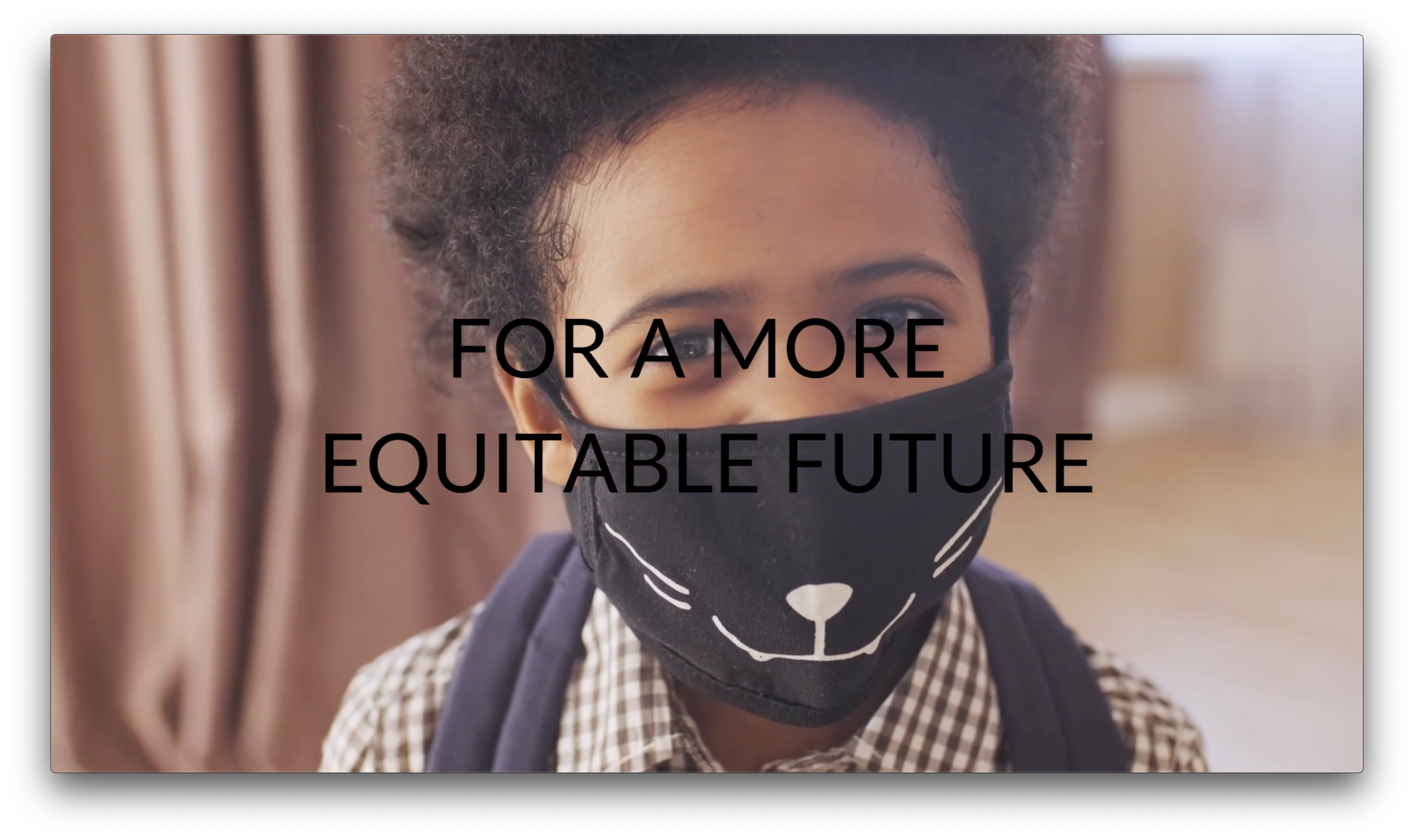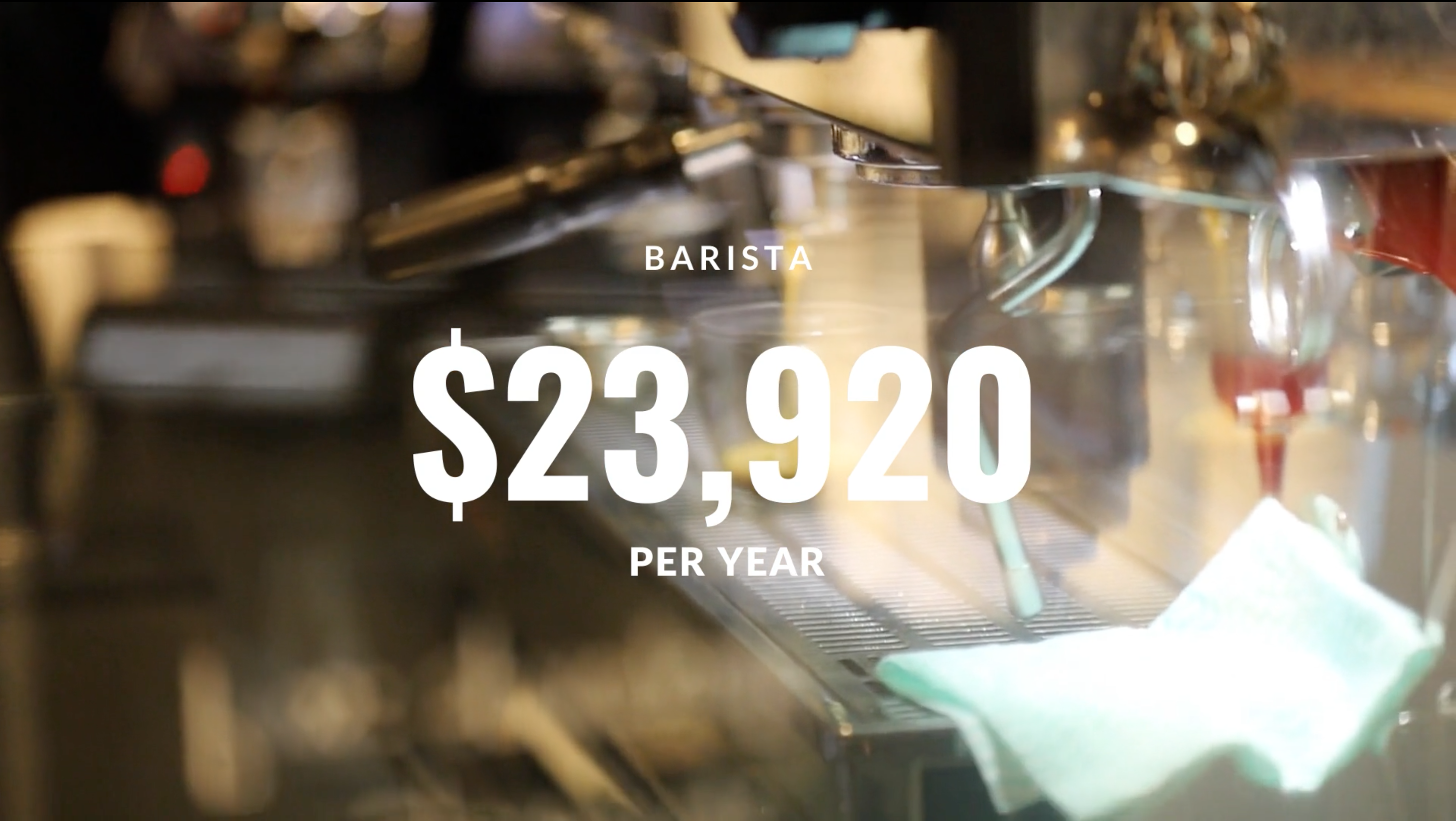The global COVID-19 pandemic has brought to light injustices that are widespread throughout the United States of America; specifically, injustices related to socioeconomic class. Socioeconomic class is a key determinant of our health, and a key determinate for risk of contracting COVID-19. Socioeconomic status influences multiple dimensions of health simultaneously, like where one lives, eats, what type of job one has, and whether or not one has access to health insurance and high-quality healthcare.
As related to COVID-19, socioeconomic class has determined if one is able to “work-from-home” or take time off with sufficient savings; otherwise, one must go to work to support themselves and their families and put themselves at a higher risk for contracting COVID-19. Consequently, those who are a part of a lower socioeconomic class ultimately have lower life expectancies.
 I chose to survey New Orleanians of varying socioeconomic class in order to demonstrate how the COVID-19 pandemic has impacted people of varying incomes differently. Yearly incomes of the interviewees ranged from $0 to a comfortable living wage. It was very important to me to protect the identity and the privacy of the community members that I surveyed, so when discussing information like yearly salary, all data was collected from the Bureau of Labor Statistics and all names have been omitted.
I chose to survey New Orleanians of varying socioeconomic class in order to demonstrate how the COVID-19 pandemic has impacted people of varying incomes differently. Yearly incomes of the interviewees ranged from $0 to a comfortable living wage. It was very important to me to protect the identity and the privacy of the community members that I surveyed, so when discussing information like yearly salary, all data was collected from the Bureau of Labor Statistics and all names have been omitted.
I asked New Orleans community members, including but not limited to restaurant employees, small business owners, and healthcare workers, “how has the COVID-19 pandemic impacted you?” All respondents shared that COVID-19, and the subsequent masks and social distancing, have heavily impacted their line of work. This took many forms, like total unemployment or simply just transitioning to “working from home.”

Annual Salary of a Barista according to the Bureau of Labor Statistics
One response to the question “how has the COVID-19 pandemic impacted you?” stood out in particular. A barista, who, according to Bureau of Labor Statistics, makes approximately $23,920 per year responded: “The best time for a college student to make money is over the summer. Therefore, I had to risk my health in order to work during the pandemic. Unfortunately, I actually came into contact with one of my coworkers who had COVID, and I was diagnosed with it soon after.” Fellow community members who work and come into contact with the general public put themselves at a heightened risk for contracting COVID-19. Unfortunately, often times their health is ultimately compromised in their efforts to work to support themselves.
This is a contrast to a later response from an Event Planner/Floral Designer, who makes approximately $81,000 per year, in addition to other income, who responded to the question by saying “Although all of the parties and events that I’ve had on the books were either postponed or cancelled completely because of the pandemic, this is not my primary source of income.” Making a comfortable wage in addition to having another, supplemental, source of income, and being able to adapt her business in response to the pandemic alleviated stress and financial worry. This is not a common story for many Americans, and she realizes that she is “part of the fortunate few.”
Learning how this ongoing pandemic has affected different members of the New Orleans community has put in perspective how the socioeconomic divide has affected worldwide experiences. Hopefully, despite economic, social, and physical divides that have either been exposed or deepened as a result of this pandemic, we can come together in the future to create a more equitable tomorrow.
Here’s a complete video with the statistics and interviews:
 NOLAbeings
Multimedia artist Claire Bangser created NOLAbeings as a portrait-based story project that marries...
NOLAbeings
Multimedia artist Claire Bangser created NOLAbeings as a portrait-based story project that marries...
 Data corner: Adobe Suite (create a PDF, social media graphic, presentation, edit a photo and video
Data corner is where you go to work with analytics and top tech skills. It takes on everything from PERL and SQL to Canva and Sprout Social.
Data corner: Adobe Suite (create a PDF, social media graphic, presentation, edit a photo and video
Data corner is where you go to work with analytics and top tech skills. It takes on everything from PERL and SQL to Canva and Sprout Social.
